Day 1: Reach Shimla via Delhi/ Chandigarh
Day 2: Drive to Kalpa
Day 3: Enjoy pleasant stay in a small village of Mane
Day 4: Explore Mane & drive to Langza
Day 5: Witness the beauty of Langza along with other scenic villages in Spiti valley
Day 6: Sightseeing of Kibber & enroute to Tabo
Day 7: Tabo sightseeing and enroute to Kalpa
Day 8: Kalpa sightseeing and enroute to Sangla. Explore the last village on the Indo Tibetan border.
Day 9: Sightseeing of Sangla and enroute to Sarahan
Day 10: Sarahan sightseeing and drive to Narkanda
Day 11: Explore beautiful hill station of Shimla
Day 12: Say goodbye to Shimla with beautiful, unforgettable memories & catch a bus to Chandigarh / Delhi.
No. of days: 11N – 12D
Budget for 2 people excluding flights: INR 80,000 – INR 1,10,000
*If more people are travelling together, the budget will be more economical.
*The Budget is considering transportation with a private cab.
Step into the raw, rugged beauty of Kinnaur and Spiti Valley – where ancient monasteries cling to cliffs, rivers flow through moonscapes, and the silence of the mountains speaks to your soul.
Spiti Valley Through the Seasons:
- Spring (April to Early May)
- Weather: Cold mornings, melting snow, (5°C to 12°C)
- Landscapes begin to bloom, roads gradually open, and the region awakens from winter.
- Perfect for nature walks, cultural visits, and early-season adventure.
- Best for: temple visits, and peaceful trails before the crowds arrive.
- Summer & Greenery (May to July)
- Weather: Pleasant mountain temperatures (12°C to 25°C)
- Melting snow reveals rugged cliffs, green valleys, and open high-altitude roads.
- Perfect for scenic drives, ancient monastery visits, riverside picnics, and local culture.
- Best for: Spiti road trips, and stargazing.
- Monsoon (Late July to August)
- Weather: Cool with intermittent rains (10°C to 20°C)
- Lush hillsides, blooming flowers, and dramatic skies with fewer crowds.
- Caution: Inner roads may be tricky due to rain; recommended with experienced guides.
- Best for: Slow travel, nature photography, and peaceful village stays.
- Autumn (September to mid-October)
- Weather: Crisp air and golden landscapes (5°C to 15°C)
- Clear skies, fewer tourists, and picture-perfect mountain backdrops.
- Ideal for photography, cultural immersion, and quiet exploration.
- Best for: Offbeat monasteries, fossil spotting, local festivals.
- Winter (Late October to March)
- Weather: Freezing temperatures (can drop to -20°C in Spiti)
- Snow-laden valleys, frozen rivers, and an untouched white wilderness.
- For the bold-hearted traveler seeking raw Himalayan winter magic.
- Best for: Snow-covered villages, frozen Lake, winter homestays, and solitude in the highlands.
Why Spiti valley is a Must Visit – For Travelers Across the World
- Journey through dramatic landscapes from deep gorges to high-altitude deserts.
- Drive on some of the most thrilling, scenic roads in the world – narrow, winding, and surrounded by epic views.
- Camp under one of the clearest night skies on Earth – a paradise for stargazers and astrophotographers.
- Taste authentic Himachali and Tibetan cuisine in warm welcoming local homes
- A paradise for Photography & Content Creators – ideal for Instagram, reels, vlogs, and travel stories.
Scientific and Emotional Benefits of Visiting Spiti valley
- Spiti’s high elevation (above 12,000 ft) naturally stimulates red blood cell production, improving oxygen flow, stamina, and energy.
- Cold temperatures trigger brown fat activation, boosting metabolism and supporting immune resilience and fat burn.
- The warmth of Spitian locals in the harshest terrain teaches compassion, resilience, and the beauty of shared humanity.
- Ancient monasteries provide powerful spiritual stillness that promotes inner peace and self-reflection.
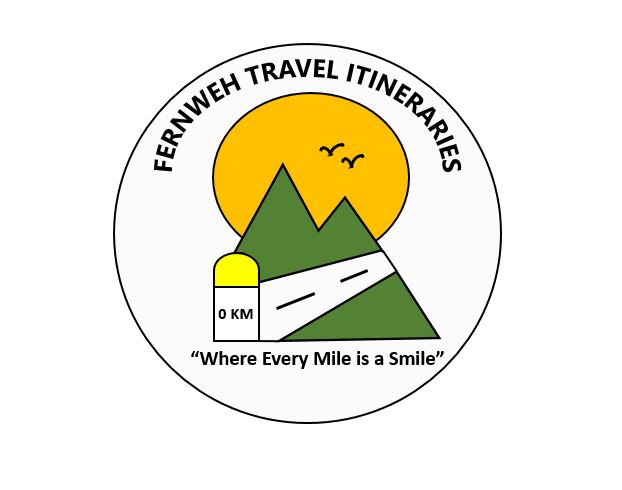
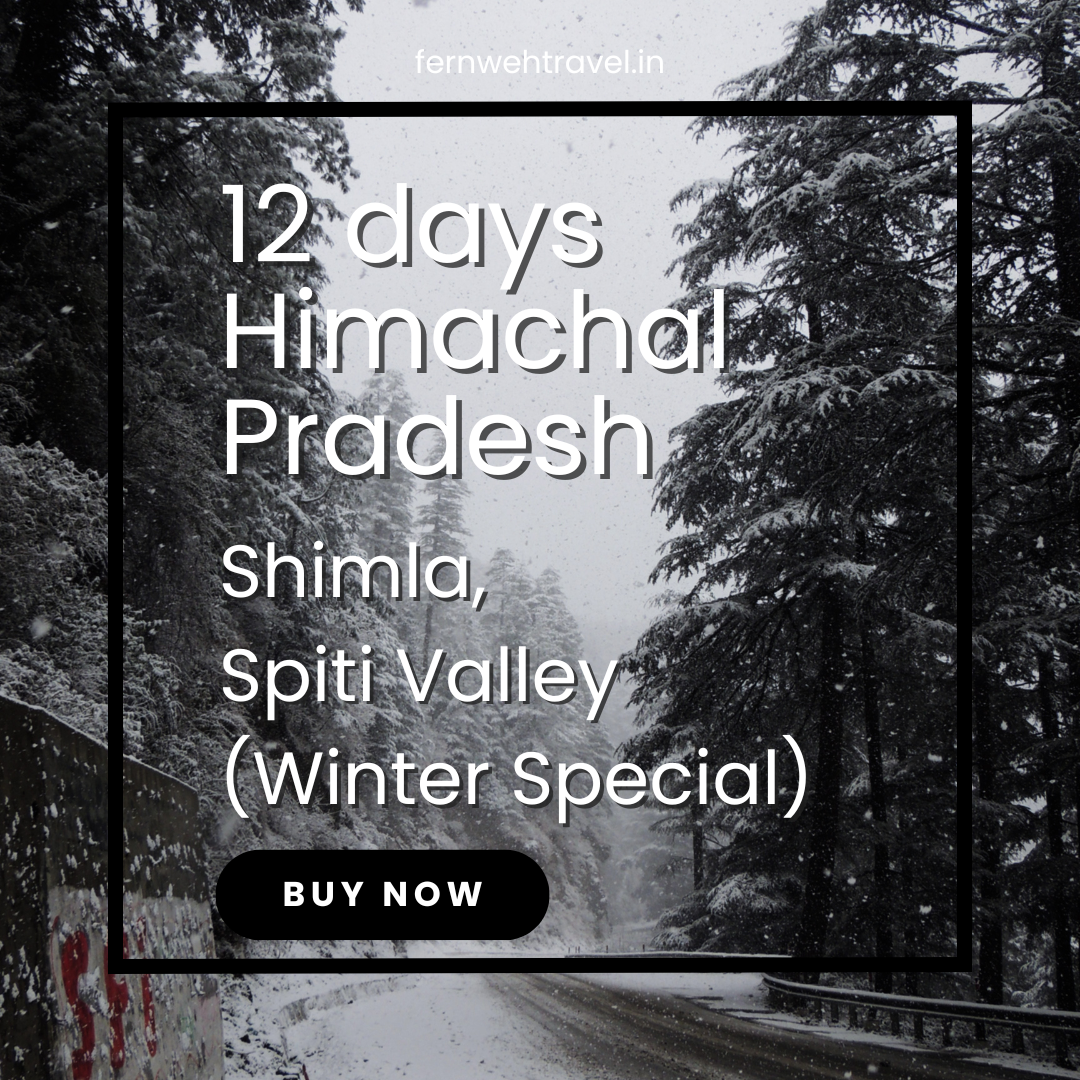
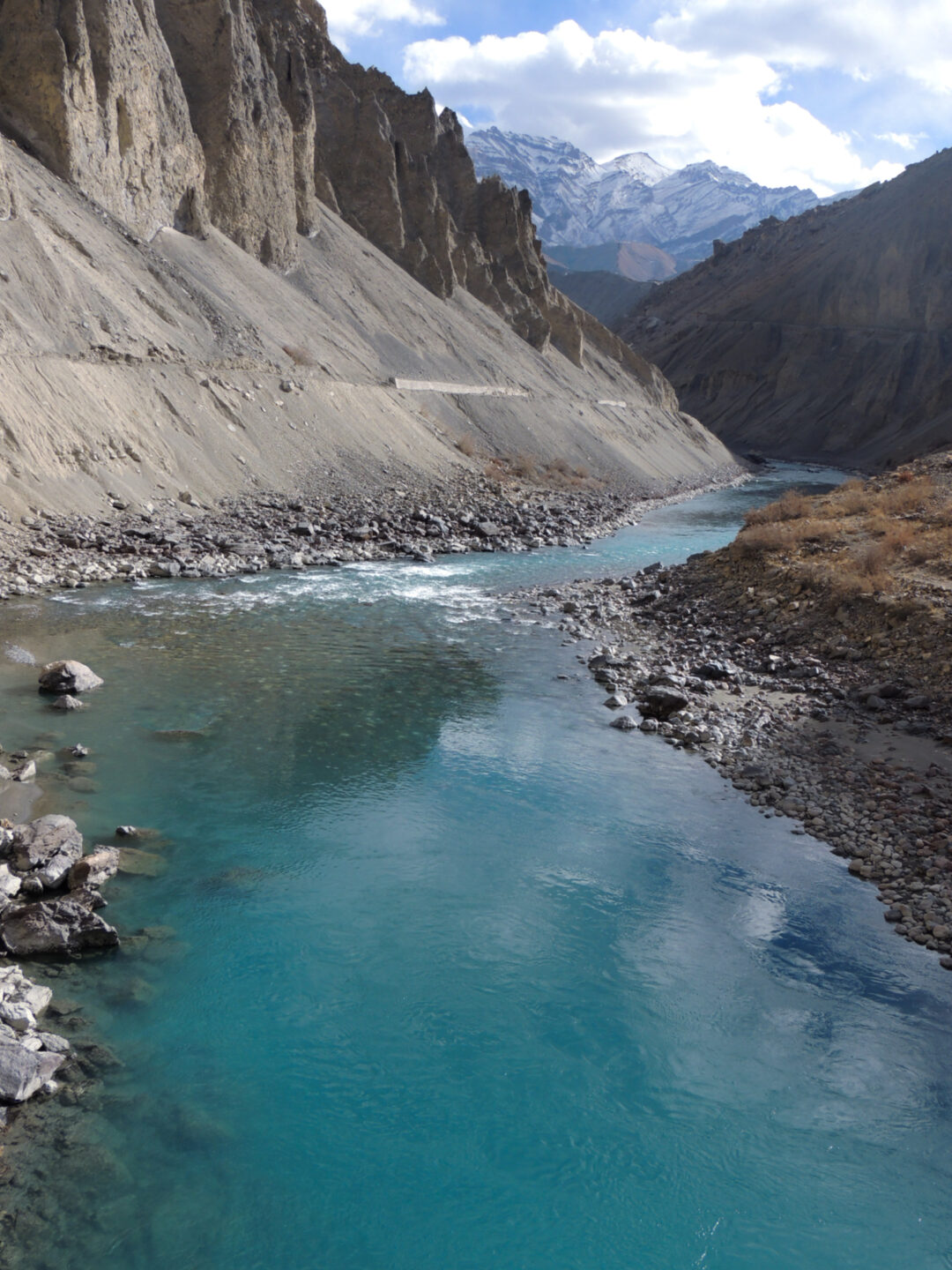
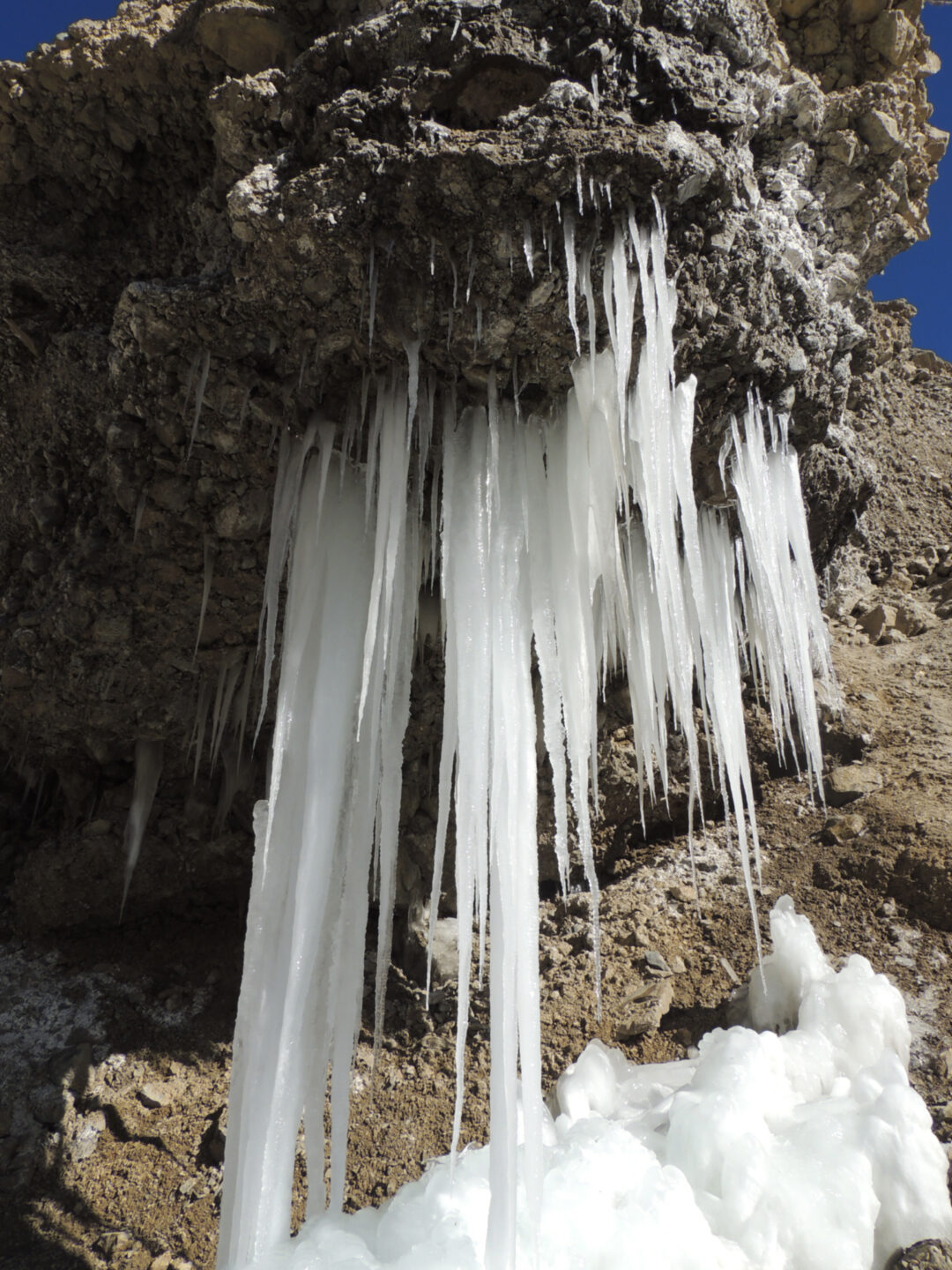
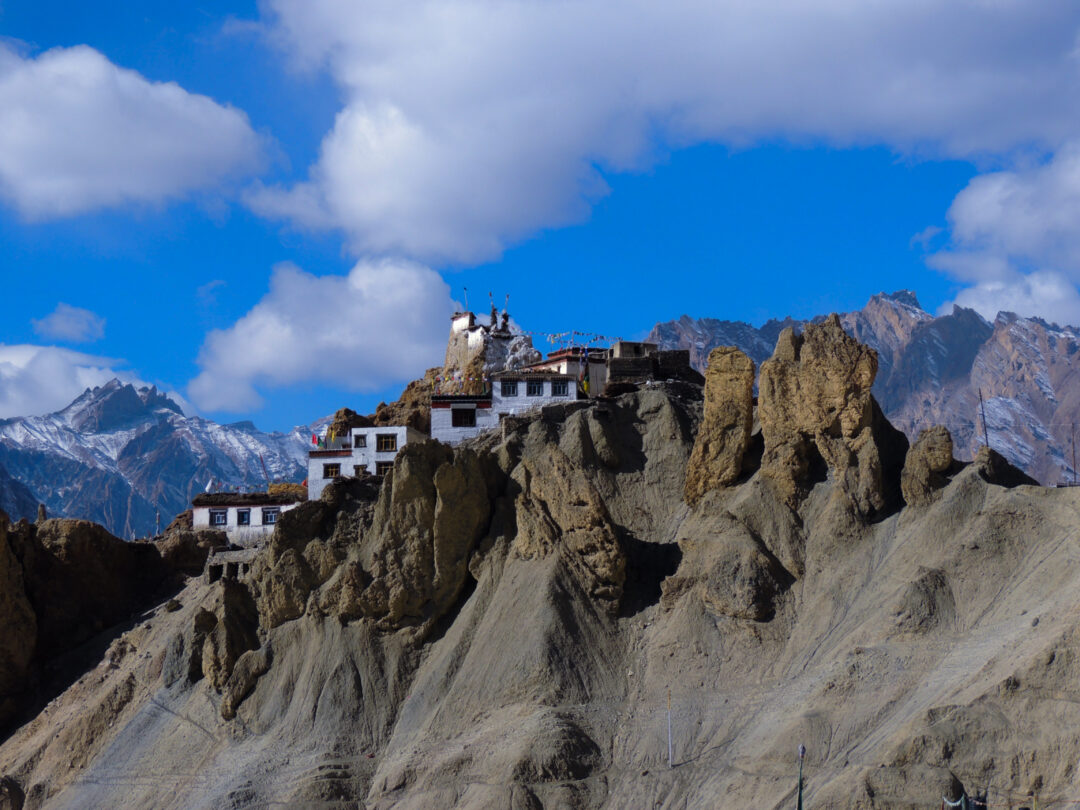
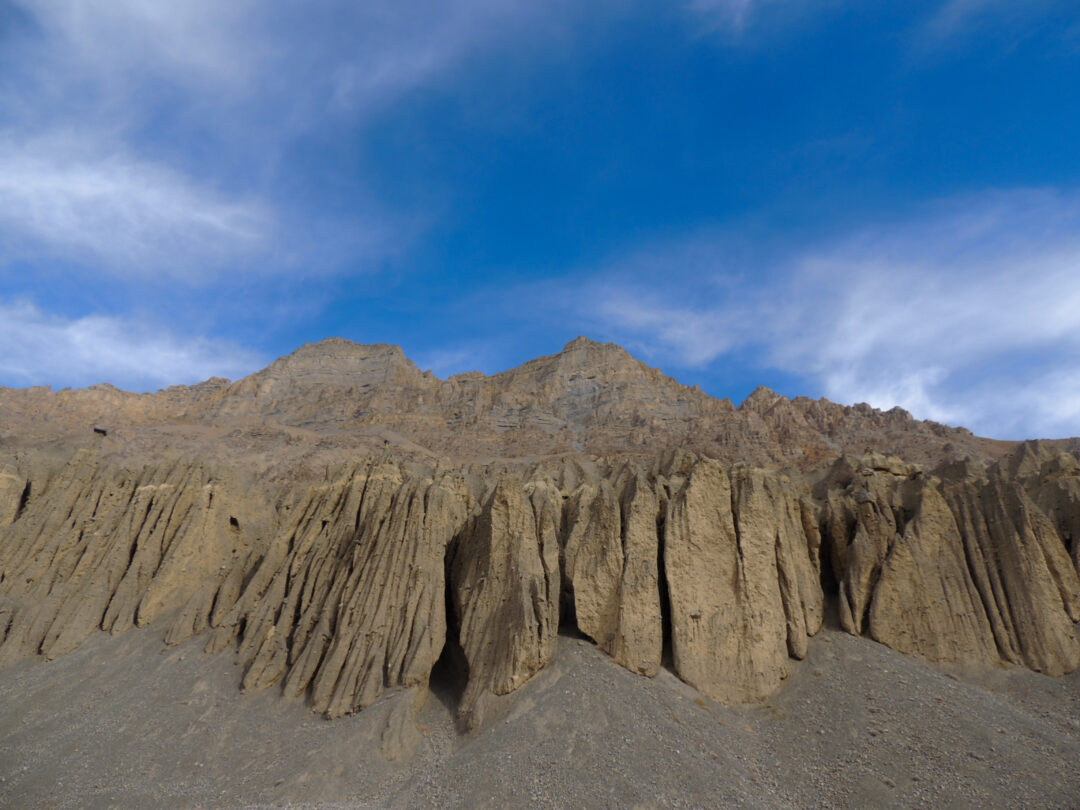
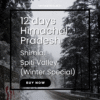
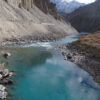
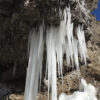
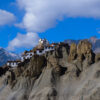
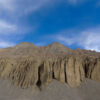
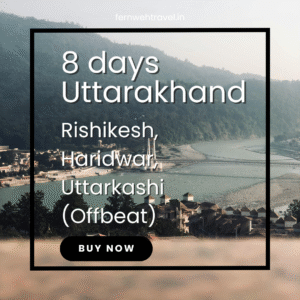
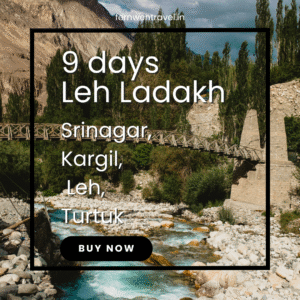
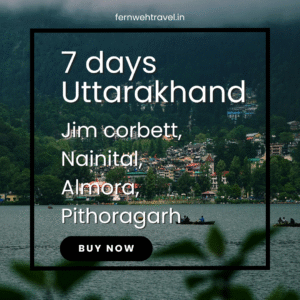
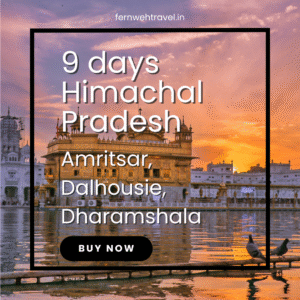
Reviews
There are no reviews yet.